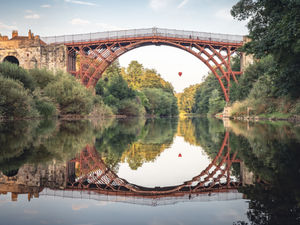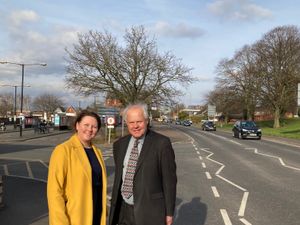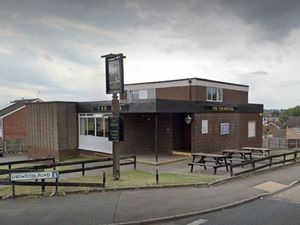Cost-cutting for Dudley is dubbed a budget of despair
Cost-cutting plans that would see parking charges rise, youth services slashed and some home care for the elderly withdrawn has been branded a "budget of despair" by leading opposition councillors in Dudley.
Dudley's full council last night heard the opening shots fired in a budget debate that will last until the financial blueprint comes up for approval on March 4. Parks and streets will not be maintained as often, and garden waste would go uncollected for five months of the year.
The plans are designed to save £22 million over three years.
Councillor David Blood, Conservative councillor for Kingswinford South, said: "We believe this budget is one of despair.
"It's cowardly and it would appear that seven months after being elected, the controlling Labour group have no ideas to put forward."
His fellow councillor and minority leader Les Jones said: "We would have made the decision to protect frontline services and I don't think they've made moves to do so.
"The current administration is lazy, naïve, dogmatic and, quite frankly, borderline incompetent."
The council has already slashed £30 million since 2010, seeing 487 voluntary redundancies and 74 compulsory redundancies at the local authority. The proposals include introducing wheelie bins and shortening the collection period for garden waste. Streets would not be cleaned as regularly and residents encouraged to litter pick themselves.
The proposals to reduce budgets would see parking charges in the borough increase by 20 per cent in 2013 and then by a further 10 per cent in 2014 while there are also plans to slash the number of long-term care beds for the elderly. Council leader David Sparks said: "The costs we are now facing are because the Government has failed to meet its targets." The council was told last night, however, that as they did not need to fund schools that had become academies, they could see an extra £1.1 million in savings. Proposed changes to council tax regarding empty houses could also save another £1.5 million annually.





